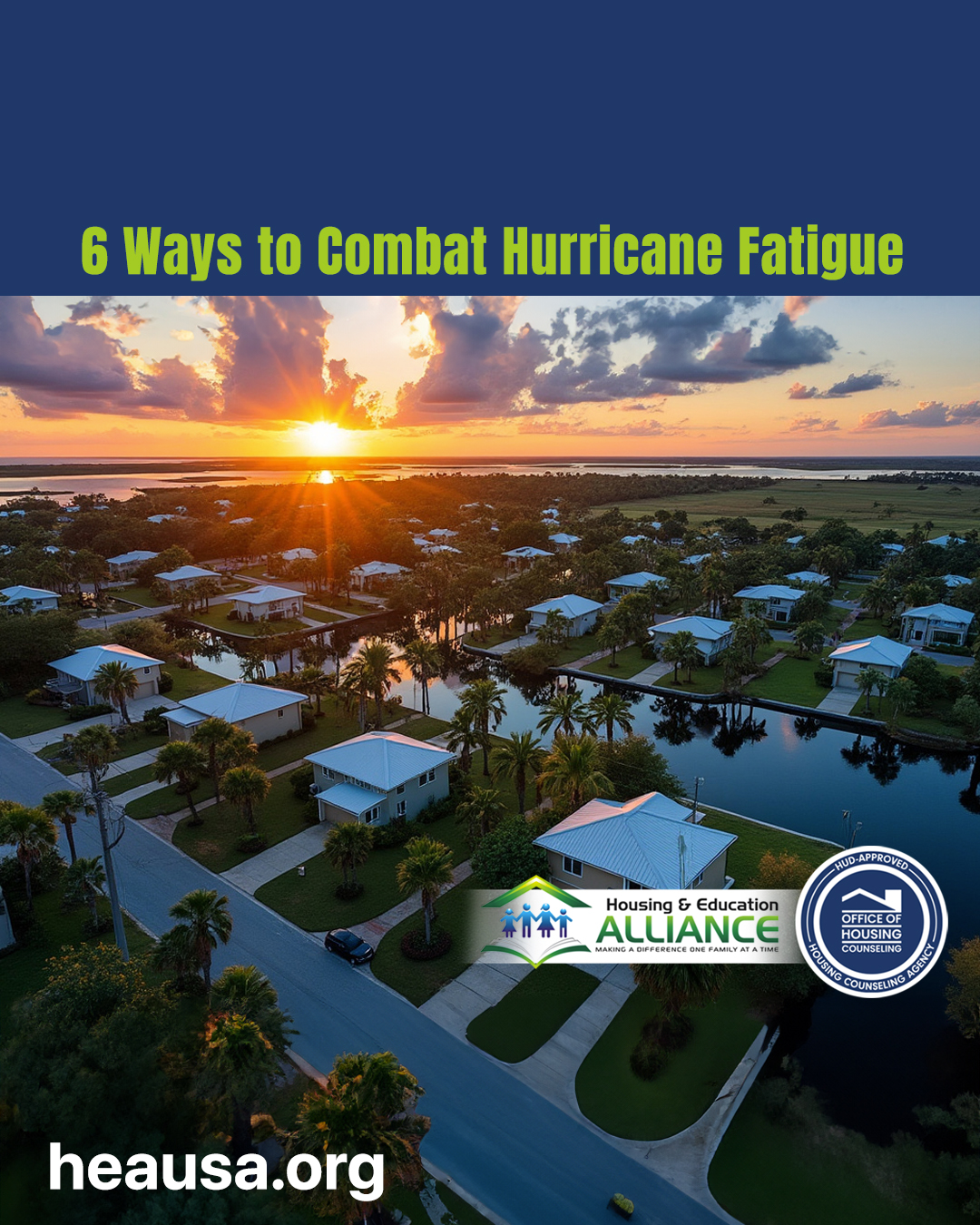
The West Coast of Florida has recently faced the devastating impacts of two major hurricanes: Hurricane Helene and Hurricane Milton. These back-to-back storms have not only caused significant physical damage but have also led to a phenomenon known as hurricane fatigue. This term describes the emotional and physical exhaustion that people experience due to the constant cycle of preparing for, enduring, and recovering from hurricanes.
What is Hurricane Fatigue?
Hurricane fatigue is a form of chronic stress that arises from the repeated exposure to hurricane threats and their aftermath. It can manifest in various ways, including:
– Emotional Exhaustion: Constant worry and anxiety about the next storm can drain emotional reserves.
– Physical Fatigue: The physical demands of preparing for a hurricane, such as securing property and evacuating, can be exhausting.
– Cognitive Overload: The need to stay informed and make quick decisions can lead to mental fatigue.
– Social Strain: The impact on communities and relationships can add to the stress.
The Reality of Hurricane Fatigue on Florida’s West Coast
Hurricane fatigue is not just a theoretical concept; it is a real and documented phenomenon. The West Coast of Florida, particularly the Tampa Bay area, has been significantly affected by Hurricane Helene and Hurricane Milton. Hurricane Helene, which made landfall as a Category 4 storm, caused catastrophic storm surges and flooding across the region. Just weeks later, Hurricane Milton followed, making landfall as a Category 3 storm and bringing further destruction.
The constant threat and impact of these storms have led to increased levels of stress and anxiety among residents. Studies have shown that repeated exposure to natural disasters can lead to significant mental health issues, including post-traumatic stress disorder (PTSD), depression, and anxiety. The constant cycle of threat and recovery can wear down even the most resilient individuals, making it harder to cope with each subsequent event.
Six Ways to Practice Self-Care During Hurricane Fatigue
- Establish a Routine
One of the most effective ways to combat hurricane fatigue is to establish a routine. Routines provide a sense of normalcy and control in an otherwise chaotic situation. Try to maintain regular sleep patterns, mealtimes, and daily activities as much as possible. This can help reduce stress and improve overall well-being. - Stay Connected
Social support is crucial during times of stress. Stay connected with friends, family, and community members. Share your feelings and experiences with others who understand what you are going through. This can provide emotional support and reduce feelings of isolation. - Take Media Breaks
While it is important to stay informed about hurricane developments, constant exposure to news and social media can increase anxiety and stress. Schedule regular breaks from media consumption to give your mind a rest. Use this time to engage in relaxing activities such as reading, listening to music, or spending time in nature. - Practice Mindfulness and Relaxation Techniques
Mindfulness and relaxation techniques can help manage stress and improve mental health. Practices such as deep breathing, meditation, and yoga can reduce anxiety and promote a sense of calm. Even a few minutes of mindfulness each day can make a significant difference. - Engage in Physical Activity
Physical activity is a powerful stress reliever. Exercise releases endorphins, which are natural mood boosters. Whether it’s a walk, a run, or a home workout, find an activity that you enjoy and make it a regular part of your routine. Physical activity can also improve sleep, which is often disrupted during stressful times. - Seek Professional Help
If you find that hurricane fatigue is significantly impacting your daily life, it may be helpful to seek professional help. Mental health professionals can provide support and strategies to cope with stress and anxiety. Therapy can offer a safe space to process your experiences and develop resilience.
Remember, it is important to prioritize self-care and seek support when needed. Taking care of yourself is not only beneficial for your well-being but also enables you to be more resilient and better prepared for future challenges.
Car Credit and HEA: partnering to get important information out.
The Housing and Education Alliance is a Strategic Partner of Nuevo en US (www.nuevoenus.org), recipient of a grant funded exclusively by Car Credit (www.carcredittampa.com). This partnership ensures that the valuable services of HEA are accessible to all of our neighbors – English and Spanish speakers alike.








